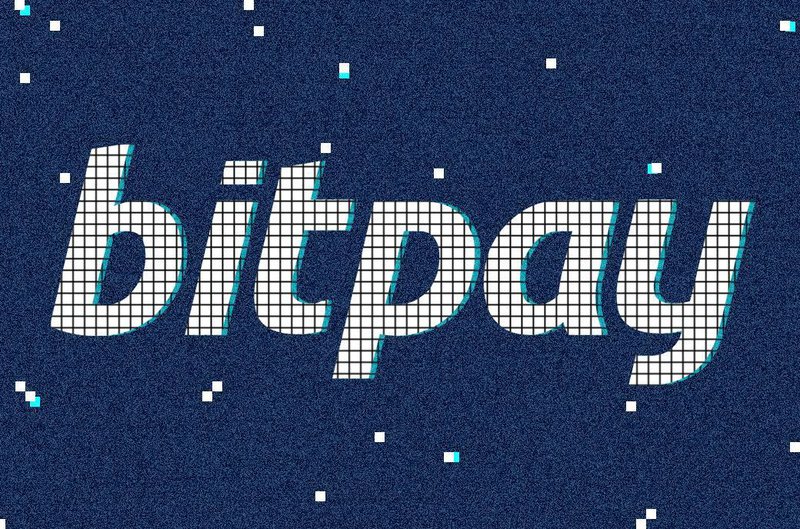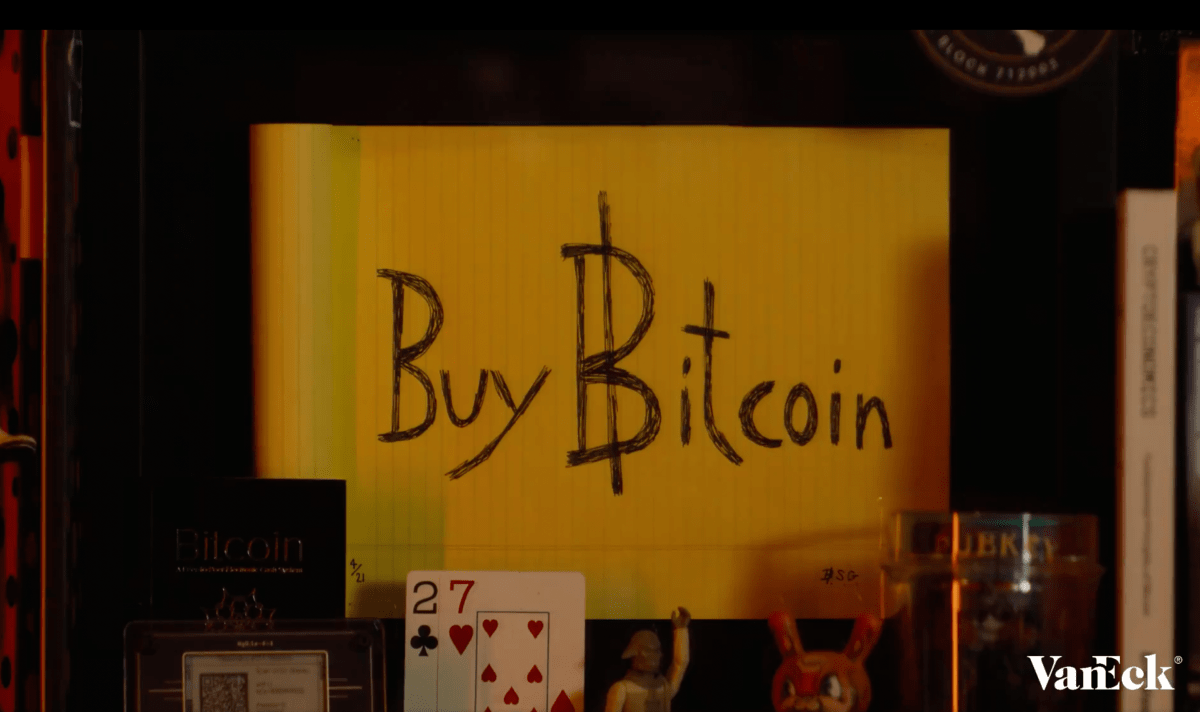IranRescueBit Launches Bitcoin Fundraiser to Aid Flood Victims
A grassroots crowdfunding campaign, dubbed IranRescueBit, is raising bitcoin to bring aid to Iranians impacted by a series of devastating floods, an attempt to bring relief to the country as U.S. sanctions have hindered international aid efforts.
Beginning in March and extending into April of 2019, Iran suffered multiple bouts of catastrophic flooding. Three waves of heavy rains inundated 28 provinces in the Middle Eastern country — roughly two-thirds of the country’s landmass.
Two weeks of unrelenting flash flooding damaged 269 cities and 5,148 villages, displacing nearly 300,000 Iranians, killing 78 and injuring 1,000 more. Alongside the precious cost of human life, the floods inflicted some $2.5 billion in damages.
The Lack of Aid to Iran
While some international media covered the tragedy, it went largely unnoticed and underreported. Even worse, the Trump administration’s sanctions against the country in response to the dissolution of the Iran Nuclear Deal have largely hindered international humanitarian organizations from injecting aid into the country, even though humanitarian causes are supposed to be exempt from sanctions under international law.
Some aid from the Iranian government and from foreign entities has provided a modicum of relief to the aggrieved survivors of the flood, but a mission statement shared with Bitcoin Magazine opined that “the volume of financial and non-financial international aid to Iran’s flood victims has been insignificant compared to responses witnessed to natural catastrophes in other countries.”
Thankfully, a group of cryptocurrency advocates in the country have drummed up a solution to circumvent these sanctions: Bitcoin.
IranRescueBit
Iran is home to a fervent and tight-knit cryptocurrency community, so in the wake of the floods, it decided to take action.
“The local cryptocurrency community decided to launch this campaign because, according to Iranian officials, the international bank accounts of the IRCS [non-governmental humanitarian organization Iranian Red Crescent Society] have been blocked due to United States sanctions,” the mission statement shared with Bitcoin Magazine reads.
That’s why the IranRescueBit turned to Bitcoin to bolster fundraising efforts. Given the network’s global and decentralized infrastructure and non-reliance on traditional banking structures, bitcoin can circumvent U.S. sanctions without fear of confiscation or financial blockade.
The grassroots campaign was announced on August 13, 2019, at Sharif University in Tehran, accompanied by the launch of a website with the same name accepting donations. Spearheaded by Hamed Salehi, Way2Pay’s Reza Ghorbani and Blockchain Innovation Lab’s Mostafa Naghipourfar, the fundraise will accept bitcoin, ether and litecoin for a month. The effort, which has been in contact with the IRCS, has received no aid, financial or otherwise, from the Iranian government.
“The only thing we expect from the Iranian government is to do nothing because the community is dynamic enough and has many creative individuals who know what to do,” Salehi said at the press conference at Sharif University.
Once the campaign has concluded, IranRescueBit intends to pass the philanthropic buck to IRCS, first liquidating all of the donated funds into the Iranian rial through “a credible local exchange.” Salehi even espoused that the organization is prepared to hand over the initiative to the IRCS if it receives adequate support and confidence from the society.
At the conference, Salehi said that he hopes the campaign demonstrates the practical uses of cryptocurrencies and dispels stigma surrounding mining, drugs and money laundering.
Indeed, bitcoin has already proven itself as censorship-resistant, resilient payment option amid economic turmoil and the U.S.’s suffocating sanctions. Ziya Sadr, for instance, an Iranian Bitcoin enthusiast and technology writer who was involved in the passing of the Lightning Torch, told Bitcoin Magazine that “Bitcoin is a safe-haven” in the country. With it, he was able to purchase a VPN to access restricted services and sites like Telegram and Reddit, even as PayPal, Mastercard and other financial avenues have been closed due to the sanctions. Working as a freelance writer and translator for non-Iranian employers, he has also accepted his salary in bitcoin.
Bitcoin mining has also become a reliable source of income for crypto-savvy Iranians, though the government has been cracking down on mining operations as of late (though it may ease off soon if new legislation passes).
Meanwhile, Sweden-based exchange LocalBitcoins pulled trading support in the country, citing U.S. sanctions, though other decentralized exchanges like Hold Hodl and Bisq doubled down on their commitment to Iran by adding support for Farsi and keeping their operations active in the country.
If you’d like to donate, please follow this link to IranRescueBit’s website.
The post IranRescueBit Launches Bitcoin Fundraiser to Aid Flood Victims appeared first on Bitcoin Magazine.









